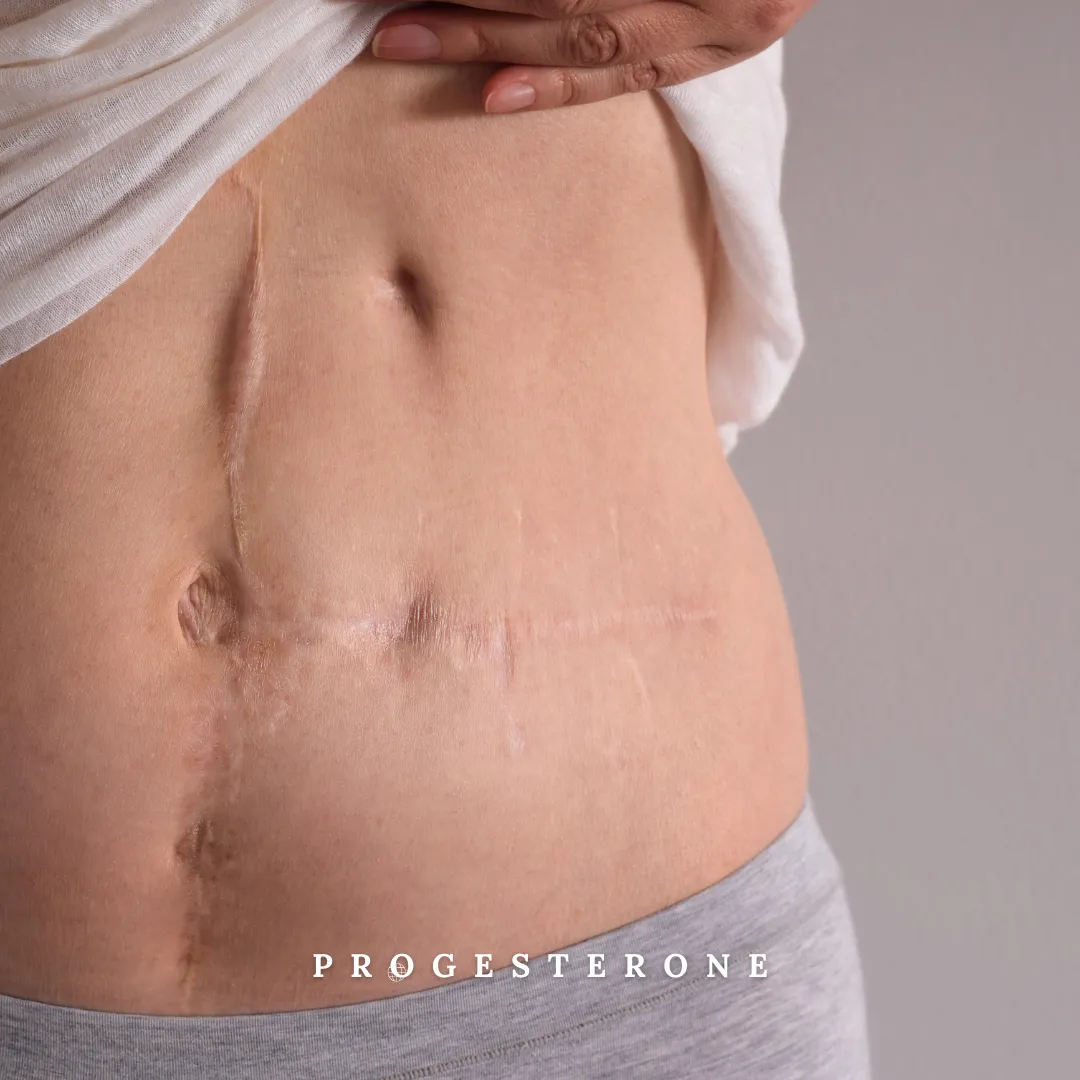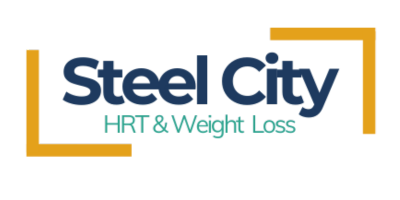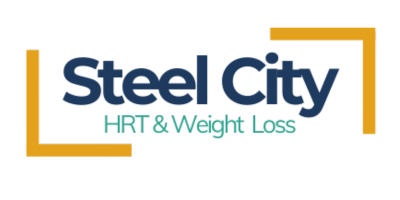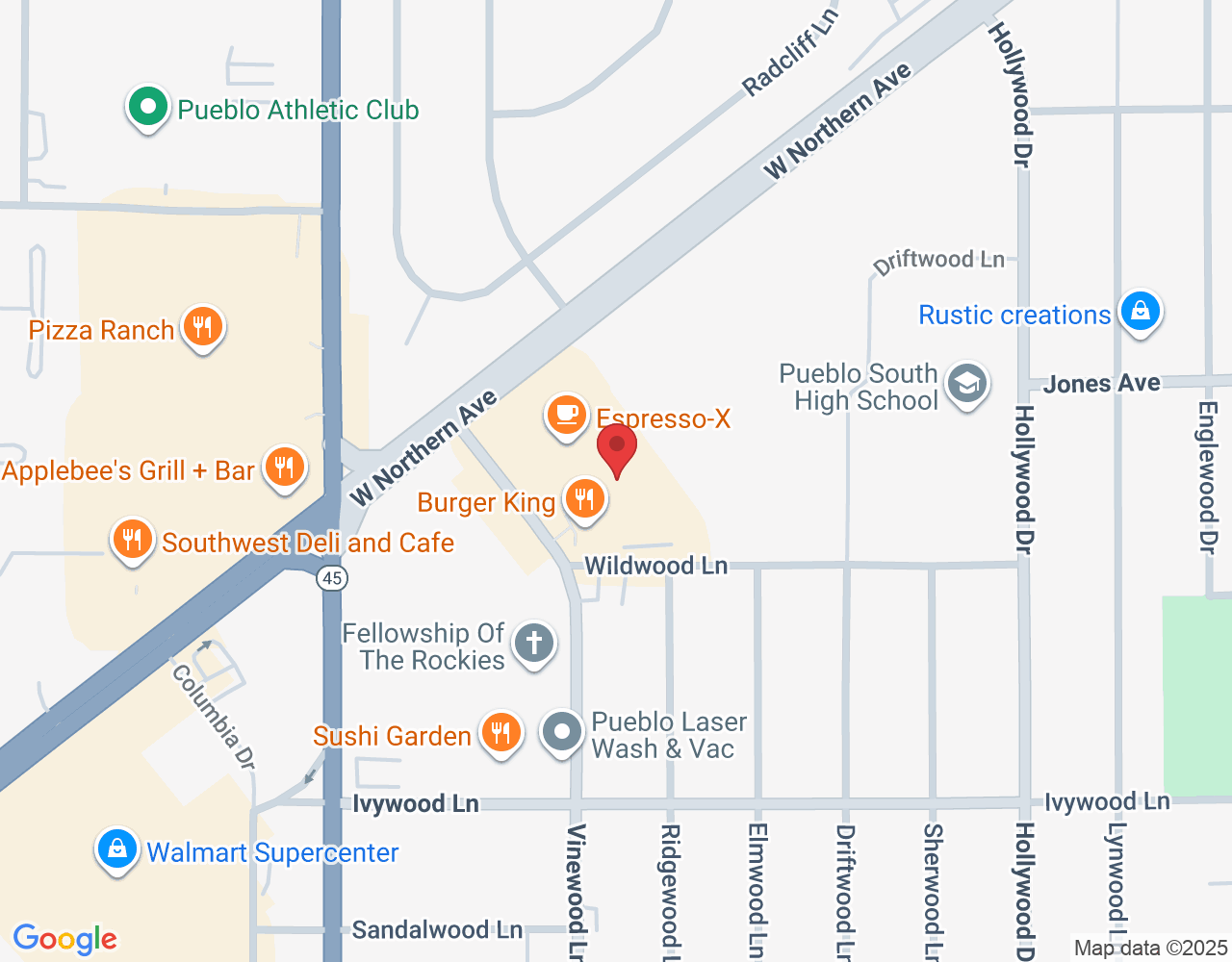
Why You Still Need Progesterone After a Hysterectomy—And What Happens If You Don’t
You Don’t Need a Uterus to Need Progesterone
When women undergo a hysterectomy, especially one that includes ovary removal, most are told they only need estrogen therapy afterward. The rationale? “You don’t have a uterus, so you don’t need progesterone.”
This thinking is not only outdated—it’s flat-out wrong.
According to hormone expert Dr. Felice Gersh, progesterone is essential for total hormone balance—regardless of your uterine status. That’s because progesterone receptors exist throughout the body, and its effects stretch far beyond reproductive health.
In this post, we’ll dive into why progesterone still matters, how it works with estrogen, and why skipping it can lead to brain fog, mood swings, inflammation, and more. If you're on estrogen-only HRT post-hysterectomy and still not feeling right—this might be the missing piece.
The Myth: No Uterus = No Need for Progesterone
Let’s bust this myth right away.
In conventional medicine, progesterone has traditionally been prescribed to protect the uterine lining from overstimulation by estrogen. So if the uterus is removed, many providers stop prescribing progesterone altogether.
But here’s what they’re missing:
Progesterone plays a vital role in multiple systems, including your brain, bones, heart, immune system, skin, and mood regulation.
Just because the uterus is gone doesn’t mean those systems no longer matter.
Your body is a symphony of hormone receptors—and leaving out progesterone is like playing music without half the instruments.
The Whole-Body Benefits of Progesterone
Progesterone isn’t just a reproductive hormone. It’s a neuroactive steroid, vascular protector, immune modulator, and more.
Here’s what it does:
Neuroprotective Function
Promotes creation and maintenance of the myelin sheath, which insulates and protects brain and nerve tissue
Modulates GABA receptors, producing calming, anti-anxiety effects
Reduces risk of neuroinflammation, cognitive decline, and mood disorders
Cardiovascular Health
Increases nitric oxide production, enhancing blood vessel elasticity and circulation
Supports heart rhythm regulation and vascular tone
Helps balance the effects of estradiol on endothelial function
Bone Strength
Works synergistically with estrogen to stimulate osteoblasts (bone-building cells)
Supports bone density preservation in postmenopausal and surgically menopausal women
Anti-inflammatory and Immune Modulation
Suppresses chronic inflammation
Enhances immune system regulation and cell repair processes
Genetic Regulation and Cell Growth Control
Acts as a brake on estrogen-driven cell proliferation
Supports proper gene expression and cellular balance
If you’ve ever felt anxious, inflamed, or unbalanced on estrogen-only therapy, it’s because your body needs progesterone, too.
Why Progesterone Is Necessary After a Hysterectomy
Most women on estrogen-only HRT post-hysterectomy report feeling… okay, at best. They’re relieved some symptoms are gone, but many still struggle with:
Brain fog
Mood instability
Sleep disturbances
Weight gain
Anxiety or restlessness
Loss of motivation or drive
That’s because estradiol without progesterone creates an incomplete hormonal picture.
Progesterone buffers estrogen, regulates its receptors, and calms the overstimulation. Without it, you may feel like your foot is on the gas—but there’s no brake pedal.
And this isn’t just about symptoms. Over time, estrogen dominance (even from HRT) without progesterone balance can accelerate aging, inflammation, and systemic stress.
The Importance of Cyclic Progesterone Dosing
At Steel City HRT, we don’t just throw hormones at you—we mirror your body’s natural rhythm.
That’s why we often recommend cyclic progesterone therapy:
✔️ 14 days per month (just like your body would naturally produce pre-menopause)
Benefits of cycling include:
Supports monthly hormone reset
Prevents receptor burnout or saturation
Mimics the natural rise and fall of progesterone
Helps patients feel more “in sync” with their body
Promotes emotional regulation, better sleep, and metabolic stability
Daily dosing can sometimes lead to plateaued effects, but cycling maintains sensitivity and balance.
Why Bioidentical Progesterone is the Superior Choice
Not all progesterone is created equal.
Bioidentical progesterone (micronized progesterone) is chemically identical to what your ovaries produced. It’s available as:
Capsules
Topical creams
Vaginal gels or suppositories
Compounded options
This differs from synthetic progestins like medroxyprogesterone (used in the WHI study), which can cause:
Mood disturbances
Cardiovascular risk
Breast tenderness and bloating
At Steel City HRT, we only prescribe bioidentical progesterone, carefully monitored and customized to your needs. The goal is to support—not suppress—your natural biochemistry.
What Happens If You Skip Progesterone?
Many women start with estrogen-only therapy post-hysterectomy. At first, they feel some relief. But over time, symptoms creep back in.
Here’s what can happen:
Insomnia and restless sleep
Irritability, anxiety, or weepiness
Cognitive decline or brain fog
Weight gain or bloating
Diminished libido
Vascular stiffness or elevated blood pressure
Slower bone regeneration
Sound familiar?
In countless patient success stories, adding progesterone transformed the entire HRT experience—restoring calm, clarity, and control.
Steel City’s Perspective: Full Balance or Nothing
We don’t believe in halfway hormone therapy. Your uterus may be gone, but your brain, bones, heart, and emotions still need progesterone. We’ve helped hundreds of women reclaim their lives—not just by relieving symptoms, but by rebuilding true hormonal harmony.
If your provider told you progesterone isn’t necessary post-hysterectomy—it’s time for a second opinion.
Take the First Step Toward Real Hormone Balance
📞 Call 719-669-4223
💻 Or book your personalized consultation now
Let our hormone therapy specialists guide you through a treatment plan that supports your whole body, not just the parts you still have. You deserve to feel whole—again.
Frequently Asked Questions (FAQ)
Q: Do I still need progesterone if I’ve had a hysterectomy?
A: Yes. Even without a uterus, progesterone supports your brain, bones, heart, immune system, and mood.
Q: How should I take progesterone?
A: Cyclic dosing—14 days per month—is ideal. This mimics natural rhythms and optimizes hormone receptor balance.
Q: What form of progesterone is best?
A: Bioidentical progesterone (e.g., oral capsules, creams, compounded options) is safer and more effective than synthetic progestins.
Q: What are signs I might need progesterone with my HRT?
A: Brain fog, anxiety, poor sleep, weight gain, or persistent mood issues are all common signs.
References (APA 7 Style)
Gersh, F. L. (2022). Menopause: 50 Things You Need to Know. New World Library.
Prior, J. C. (2015). Progesterone for treatment of menopausal symptoms: A review. Women’s Midlife Health, 1(1), 1–14. https://doi.org/10.1186/s40695-015-0004-9
North American Menopause Society. (2023). Hormone therapy and the role of progesterone. https://www.menopause.org
Simoncini, T., & Genazzani, A. R. (2006). Neuroprotective effects of sex steroids. European Journal of Endocrinology, 154(2), 187–192.




Facebook
Instagram
LinkedIn
Youtube
TikTok
Pinterest